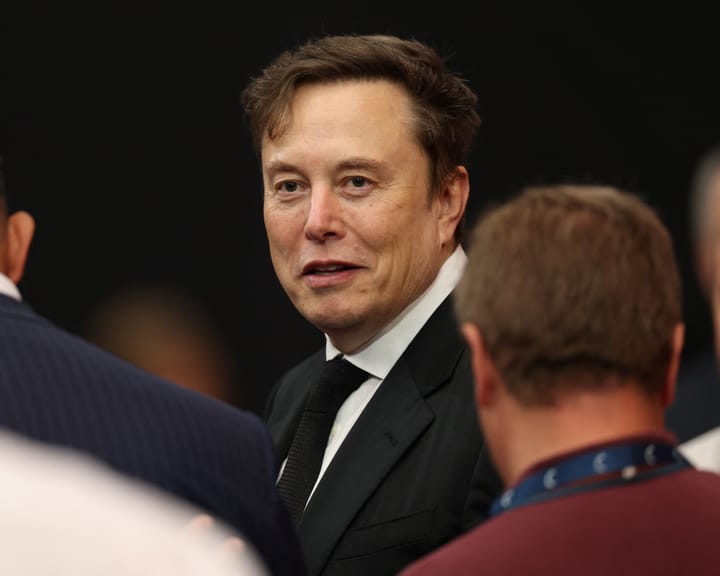Meta has opted against releasing its advanced Llama model, which can process various media formats, in European territories due to regulatory uncertainty and ongoing discussions regarding GDPR compliance.
The company's owner of Facebook, Instagram, and WhatsApp plans to introduce the multimodal version of the open-source Llama AI model over time but has decided against an EU release at this juncture. The choice reflects broader regulatory challenges faced by large technology firms in Europe.
Habits like using Facebook, Instagram, and WhatsApp are ingrained in our daily lives.
As the European Union moves towards implementing new tech-focused regulations such as the EU AI Act and the Digital Markets Act (DMA), companies like Meta must navigate a landscape that demands strict adherence to privacy laws, specifically GDPR.
The Irish Data Protection Commission plays a significant role in ensuring compliance with these regulations by overseeing how data is utilized in training AI models like Llama. Although Meta's multimodal model is not currently available in Europe due to the regulatory climate, they maintain that text-based and upcoming versions of this technology are accessible outside the EU region, with the assurance that these were not trained on data sourced from EU users.
In a similar vein, Apple has also delayed introducing some AI functionalities in Europe due to regulatory concerns linked to the DMA. This cautionary approach underscores how tech giants are carefully considering their strategies amidst evolving legislative frameworks aimed at ensuring privacy and fair competition within digital markets.
The impact of Meta's decision extends beyond compliance; it affects product development, including anticipated features in devices like Ray-Ban smart glasses that were slated to integrate these AI capabilities. Recent halts on the use of generative AI tools by Meta in Brazil further illustrate how global tech companies are responding to privacy challenges as they expand and adapt their operations worldwide.
Read next

"AirPods Pro 3 reviewed: Upgraded battery, superior noise cancellation, top-tier performance"
Apple’s widely used AirPods Pro wireless earbuds have returned for their third iteration, offering improvements in comfort, battery performance, integrated heart rate tracking, and enhanced noise cancellation. The new model appears poised to be as prevalent as earlier versions.
Three years have passed since the previous release, yet the

"Peter Thiel's secret talks on antichrist shed more light on him than doomsday"
Peter Thiel’s Unusual Academic Pursuits
Peter Thiel is known for his skepticism toward academia. Yet, in four recent private lectures in San Francisco discussing the antichrist, the billionaire investor has made an unexpected case for intellectual credentials.
During these wide-ranging talks, Thiel appeared to channel the eclectic thinking he

"X resolves $128M severance dispute with former Twitter executives"
# Elon Musk and X Reach Settlement with Former Twitter Executives Over Severance Dispute
Elon Musk and X have resolved a legal dispute with four former high-ranking executives of Twitter, including the company’s ex-CEO, who alleged that the billionaire withheld $128 million in severance payments after acquiring the social media

